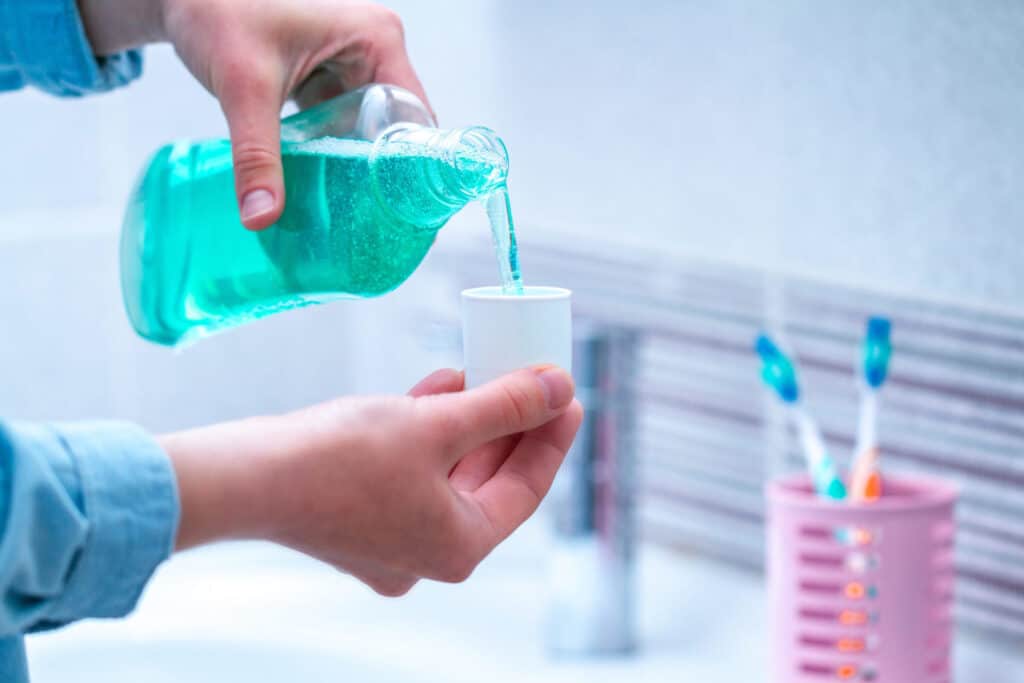If you’ve been recently convicted of operating a vehicle while under the influence of alcohol (OUI), then you probably had your license suspended. However, if you desperately need you driving rights to get to and from work, then you may have managed to get a conditional license. Conditional licenses, however, only let you drive in a small set of circumstances. One of the limitations that they impose is that you can’t drive with any measurable alcohol in your system.
What this limitation overlooks is the fact that you can have alcohol in your system, even if you haven’t been drinking at all. Numerous innocuous and common things that we do in our daily lives can put alcohol in your bloodstream and put you at risk of losing your conditional license.
Paint Thinners
If you work as a painter or maintenance professional, one of the last things that you often do while on the clock is clean up your workplace. This often involves using paint thinners and other cleaning chemicals that have alcohol in them. When you’re so close to these substances, you typically breathe them in, lodging latent alcohol fumes in yyzer’s reading and get your conditional license in trouble is glue. Many of the glues and other adhesives that are used to keep dentures in place on your gums contain trace amounts of alcohol in them. Though small, these adhesives can be measured by a breath test, which is all that has to happen for your conditional license to be put in the balance.
Rubbing Alcohol
When you use rubbing alcohol on your skin to clean a cut or scrape, some of thaour mouth, cheeks, esophagus, and lungs.
While these fumes don’t raise the level of alcohol in your breath by much, your conditional license can be stripped away from you if you have any measurable amount of alcohol on your breath.
Denture Adhesives
Another substance that can skew a breathalt alcohol makes its way through the wound or through your skin’s pores and into your bloodstream. Once there, it can move through your arteries and veins and into your lungs, where it can be picked up by a breathalyzer device when you exhale into it, putting your conditional license at risk.
Mouthwash
Probably the most well-known example of a foreign substance skewing breathalyzer tests, mouthwash includes alcohol, which dissipates into your tongue, gums, and cheeks while you swish it around in your mouth. This alcohol gets picked up by a breathalyzer, which can be disastrous if you’re driving on a conditional license that can be taken away by any measurable amount of alcohol.
Contact The Maine Criminal Defense Group for help now
All of these substances add alcohol to your breath, but do not impair your ability to drive. Additionally, they are all commonly used, making it important to know the huge impact they can have on your driving rights if you’re using a conditional license to get around.
If you stand to lose your conditional license because of a breathalyzer reading that picked up these or other substances on your breath, then you need a DUI-defense attorney. Contact the law office of William T. Bly online or at (207) 571-8146.
